In a polite age almost every person becomes a reader, and receives more instruction from the press than the pulpit
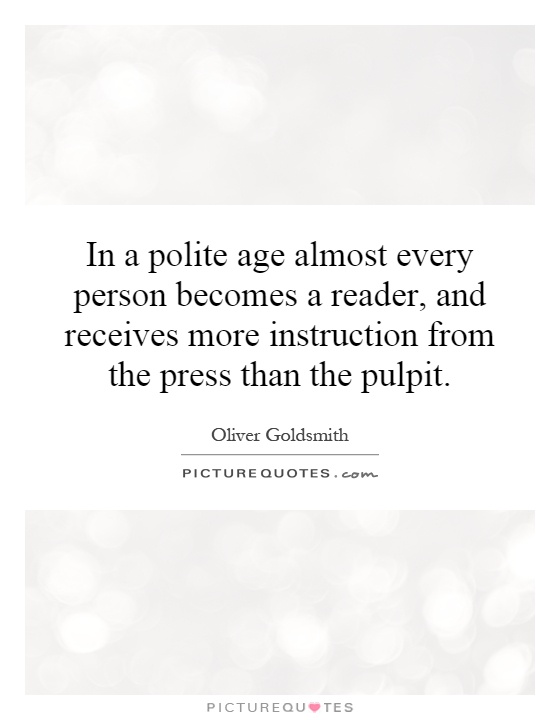
In a polite age almost every person becomes a reader, and receives more instruction from the press than the pulpit
Oliver Goldsmith, an Irish writer and poet of the 18th century, was a keen observer of society and human behavior. In his time, the press was becoming an increasingly powerful force in shaping public opinion and disseminating information. Goldsmith's quote, "In a polite age almost every person becomes a reader, and receives more instruction from the press than the pulpit," reflects his understanding of the changing dynamics of communication and education in his era.During Goldsmith's time, the press was undergoing a period of rapid expansion and innovation. The rise of newspapers, magazines, and pamphlets meant that information could be disseminated more quickly and widely than ever before. This democratization of knowledge meant that people from all walks of life had access to a wealth of information and ideas that were previously only available to the elite.
Goldsmith recognized that in this new age of literacy and information, people were turning to the press for instruction and guidance in a way that they had not done before. The pulpit, once the primary source of moral and spiritual guidance for many people, was now being supplemented and even supplanted by the press. Newspapers and magazines were not only reporting the news but also providing commentary, analysis, and opinion on a wide range of topics, from politics and religion to literature and fashion.
Goldsmith's observation that "almost every person becomes a reader" in a polite age speaks to the increasing importance of literacy and education in his time. As more people gained access to reading materials, they were able to educate themselves and form their own opinions on a wide range of subjects. The press played a crucial role in this process, providing a platform for diverse voices and perspectives to be heard.


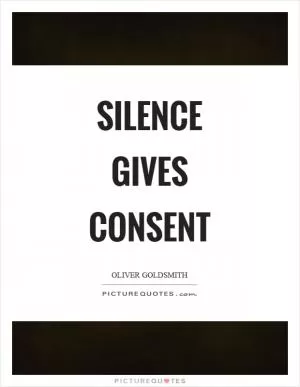

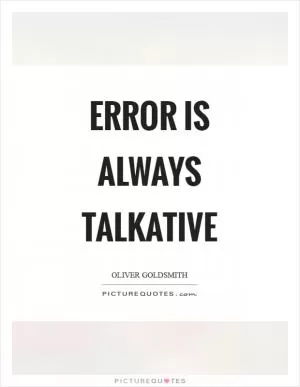
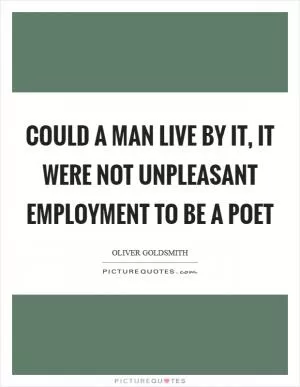
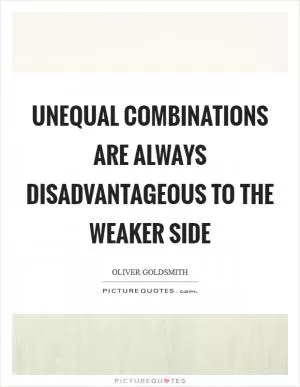
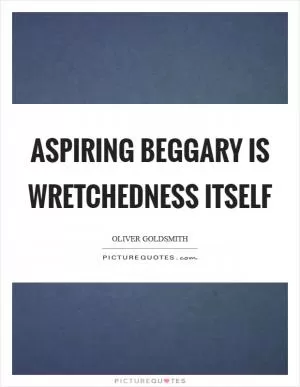




 Friendship Quotes
Friendship Quotes Love Quotes
Love Quotes Life Quotes
Life Quotes Funny Quotes
Funny Quotes Motivational Quotes
Motivational Quotes Inspirational Quotes
Inspirational Quotes